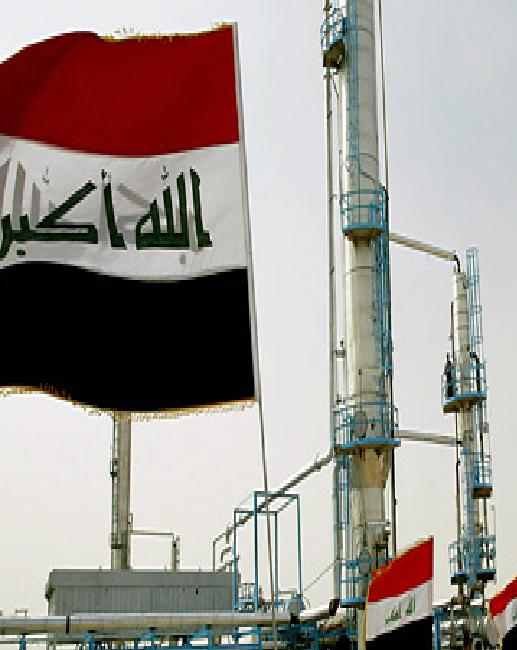30th October 2012
Ground Breaking IEA Iraq Study

 The International Energy Agency, a sister organisation to the OECD, has been doing some of the world’s leading energy analysis for years, much of it captured in its renowned annual World Energy Outlook (WEO) publication. In recent years its in-depth country studies of Chinese, Indian and Russian energy sectors have been important new contributions to our understanding of global energy markets.
The International Energy Agency, a sister organisation to the OECD, has been doing some of the world’s leading energy analysis for years, much of it captured in its renowned annual World Energy Outlook (WEO) publication. In recent years its in-depth country studies of Chinese, Indian and Russian energy sectors have been important new contributions to our understanding of global energy markets.
The IEA’s latest success story is its analysis of the Iraqi energy sector.
Under the leadership of Deputy Prime Minister for Energy Hussain al-Shahristani, Iraq is the first OPEC country to invite the IEA to conduct a study of its energy sector. As a leading member of the IEA, the UK Government provided essential financial, political and security support to the study, including in Baghdad, Erbil and Basra. I was honoured to chair one of the sessions at an Istanbul conference between industry, government and IEA experts in May which helped refine the analysis and objectives. The study was launched recently in London and Baghdad, and it will also be a special chapter in the 2013 WEO released on 12 November.
The study shows how vital it is to Iraq that it develops its energy sector – the average citizen currently has access to just 8 hours of electricity a day despite the richness of the country’s energy resources. Even more striking for the global economy, the analysis shows how over the next 20 years Iraq will be by far the largest contributor to global oil production growth, accounting for around 45% of total growth, which is more than the rest of OPEC put together. This would make it the second largest oil exporter in the world after Saudi Arabia, most of it destined for the ever-growing markets of China and India.
The challenges, however, are great. Politically, a consensus solution is required to navigate the difficult issue of revenue-sharing; financially, some US$530bn of new investment in energy supply infrastructure is needed by 2035; and economically, the vast potential revenues need to be spent in a sensible and sustainable way to develop Iraq’s wider economy and society (95% of government revenue comes from oil).
The report reveals the dangers for global energy markets if these challenges are not met, including the likelihood of higher and more volatile world prices.